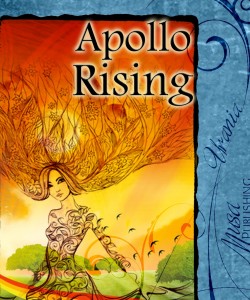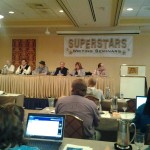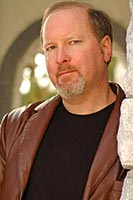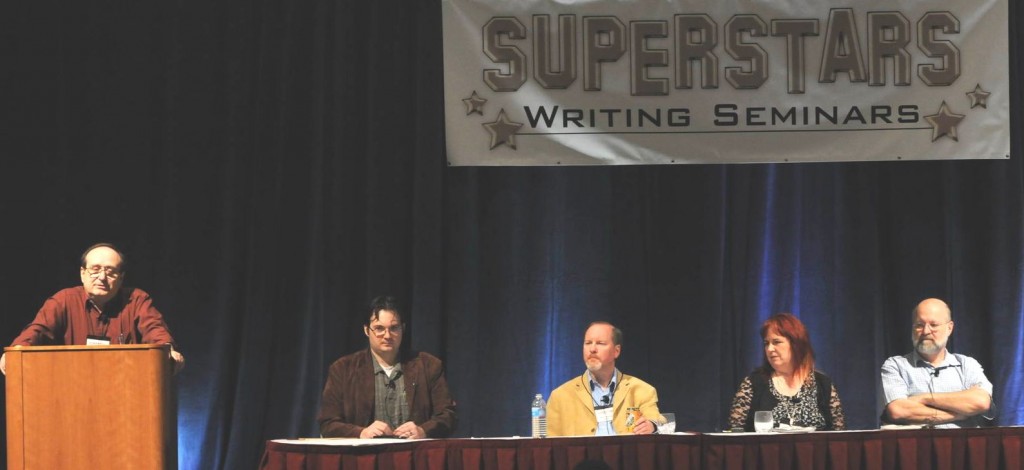And no, I don’t mean with an iron despite the picture.
Whether your traditionally published, e-published by a publisher, or indie/ self-published, marketing is where it’s at. With the rise of Kindle Direct and other media that allow self-published writers to get into the larger marketplace, writers, especially new ones, struggle to get noticed. One of the ways to do that is to establish strong “brand” recognition. Your brand is what and how you market. So, let’s start with the concept of brand recognition. You, dear writer, are a product just like a Hershey Bar. And just like a Hershey Bar, you want an immediate connection to the consumer (reader) on the mention of your name (brand). I know for me, when hear or even type “Hershey Bar” a vision of the dark brown wrapper full of chocolaty goodness pops into my head. That’s good brand recognition Some products so dominate the market that the brand name is synonymous with the product – as examples look at Kleenex and Xerox. Excellent branding and marketing.
The interesting thing about Hershey Bars is that at one point the product so dominated the market it had become synonymous with chocolate bars. Then it made a mistake. Hershey decided it could stop advertising, that’s right just stop. But it lost that dominance when it did because Nestle, among others, increased advertising. Hershey tumbled from the top of its chocolate mountain.
My publisher’s first anniversary is in a few weeks. As part of prepping for the event, I typed “Musa Publishing” into Amazon to see what there was to see. Here’s what I noticed. While the search brought up non-Musa books, at least 90% of the time I could tell if it was really a Musa book by looking at the thumbnail picture of the cover. I was able to reject books that didn’t fit my profile by looking at them. That’s good branding (and a great art and marketing division).
What does this tell writers about branding? Several things.
(1) You MUST create a brand.
Writers like Neil Gaiman have a brand. Again, if you’ve seen a picture of Neil or met him in person, he is always wearing black on black. Kevin J. Anderson has a brand. Take a look at his press releases and photos, he’s always in a sport coat, usually camel colored, or a dark brown leather jacket, a softly colored oxford shirt (usually with the sleeves rolled to the elbow (if no jacket), and jeans. That’s his brand. I could recall it without looking at any of his press photos making it a successful brand. Dean Wesley Smith has his hat. And so on. If you look at the superstars in the writing field, you’ll note each one of them has a consistent look or brand. That’s not a coincidence. It’s done very intentionally and by design.
 The picture on tthe right is part of my brand. I’m a mommy, writer, lawyer who writes fantasy, often with romantic story lines. What was I aiming for in a look then? Something polished and professional, but that was soft around the edges to suggest that romancey feel. Did I do it? Feel free to tell me in the comments. I’m a lawyer, which means thick-skinned and I can take it.
The picture on tthe right is part of my brand. I’m a mommy, writer, lawyer who writes fantasy, often with romantic story lines. What was I aiming for in a look then? Something polished and professional, but that was soft around the edges to suggest that romancey feel. Did I do it? Feel free to tell me in the comments. I’m a lawyer, which means thick-skinned and I can take it.
Anyway, I go to professional writing events – seminars and conferences dressed in at least business casual. If weather permits, I wear a blazer. Why? I’m trying to create a look or a brand.
(2) Get professional help.
I don’t mean a therapist. I didn’t take the photo on the right. I hired a professional do to it. I also hired a fashion consultant, who went through my wardrobe and engaged in the Ceasar-like task of indicating thumbs up or down. We went shopping. I now have a new wardrobe that “fits” all of my jobs – mommy, writer, lawyer.
(3) Use your website and blog.
Okay, don’t look at my website yet. It’s under construction to fit with the current branding attempts. Or actually, look at the website as what not to do. It’s a mess. I hired (see item #2) a website designed who’d never worked with a writer before, didn’t understand what I wanted/needed, and didn’t know what a falcon was or at least couldn’t find an image of one for the site. This last one is tough since the website’s called Falcon’s Fables. Sigh. Anyway, the original website is a lesson in better than no website than a bad one. I now have a webpage designer who has worked with a lot of writers, knew what a falcon was, and designed a kick-butt new logo, which is in the same color family as the rest of my items. I’ll let you know when we’re ready to reveal.
My blog is a different story. I designed that, and while it’s still not perfect it’s a closer fit to the brand I’m trying to create.
(4) Market
Don’t make Hershey’s mistake. You must market. Even the superstars of writing have tweet, FB, maintain a website and regularly attend conferences. A few of them still go on book tours. You have to get your name out there. Your publisher might give you some press, but it’s not enough. You need to be out in the world where people can find you. If you have friends with blog, be a guest blogger. While the site your a guest on may only have 50 followers, odds are there are 40 people that weren’t also your followers.
Join blog hops. What’s a blog hop, you say? A blog hop is a sponsored event where a number of blogs post together, usually on a common theme and contest. An example is probably the best way to show you. Right now, I’m participting in the Wicked Pleasures Scavenger Hunt Blog Hop with 21 other writer. All the blogs are linked, and readers get a chance to win fabulous prizes at each site. Readers, most of whom would not normally visit my site, are encouraged to do so. They are “required” to look around the site if they want to enter the scavenger hunt since they need to find the answer to the hunt’s question. At the end of the hunt, Rafflecopter will choose the winners. Again, a blog hop is a great way to introduce yourself and work to readers. The cost of the giveaway is minor. I’m signed up for a blog hop a month until the end of the year and am looking for more hops to join in 2013.
If you are blogging, the cover of your book (or one of your books) should almost be your digital signature. Just like your words, you can and should market your covers. Your covers should have been designed with their marketing functions in mind. If you’re writing a steamy romance and your cover brings to mind a sword and sorcery fantasy you might have misbranded, and vice versa. Make sure the promises your covers (front and back) make match the pages in between them.
(5) Keep it professional.
We all have pet causes and beliefs. But unless they aid in attracting your target audience, keep them off your professional pages. If you are really keen on the idea that evil robots should rule the world, create EvilRobotsToRule.com and post your manifesto there, ideally under a different name. Bringing personal causes to the forefront of your professional page will reduce your potential reader pool.
(6) NEVE R EVER get into a flame war.
R EVER get into a flame war.
This is a subset of #5 but it’s important enough to mention separtely. Just don’t do it. It takes a lot to build a career. It takes one rant to destroy it.
(7) Protect your brand.
Protecting your brand on the legal side may mean getting patents and copyrights, but I’m taking about a bit more than that.
Realize every time you go out with your “Author” hat on, you are marketing. You are always on stage. Be nice. If you are nasty to someone asking about your writing, you’ve lost a reader, and maybe several readers as that person tells his friends how mean you were. Good impressions can be lost, but bad impressions are almost always forever.
If you’ve created a “look” -whether for clothes, covers, or voice – make sure you are using it.
As noted in #6, if someone attacks you or posts a “bad” review, don’t argue with them. Everyone’s entitled to an opinion regardless of how much you may disagree. You give that negative comment too much attention when you respond. If the response escalates into a war, you’ve lost so much more than you’ve gain.
Good luck and good branding to you all.
To restore Daphne to her nymph form, Apollo must bargain with treacherous Hades, but Death may demand too high a price.
After all I’d said about marketing, you didn’t really think I’d leave the cover of my newest release, Apollo Rising, off this post, did you? Thanks for reading.






